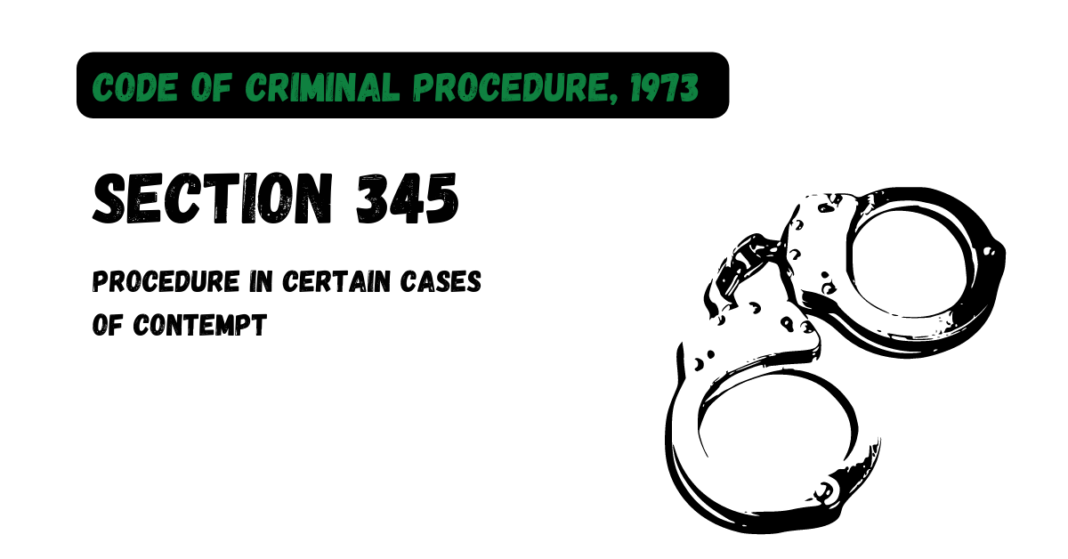(1) When any such offence as is described in section 175, section 178, section 179, section 180 or section 228 of the Indian Penal Code (45 of 1860) is committed in the view or presence of any Civil, Criminal, or Revenue Court, the Court may cause the offender to be detained in custody, and may, at any time before the rising of the Court or the same day, take cognizance of the offence and, after giving the offender a reasonable opportunity of showing cause why he should not be punished under this section, sentence the offender to fine not exceeding two hundred rupees, and, in default of payment of fine, to simple imprisonment for a term which may extend to one month, unless such fine be sooner paid.
(2) In every such case the Court shall record the fact constituting the offence, with the statement (if any) made by the offender, as well as the finding and sentence.
(3) If the offence is under section 228 of the Indian Penal Code (45 of 1860), the record shall show the nature and stage of the judicial proceeding in which the Court interrupted or insulted was sitting, and the nature of the interruption or insult.





